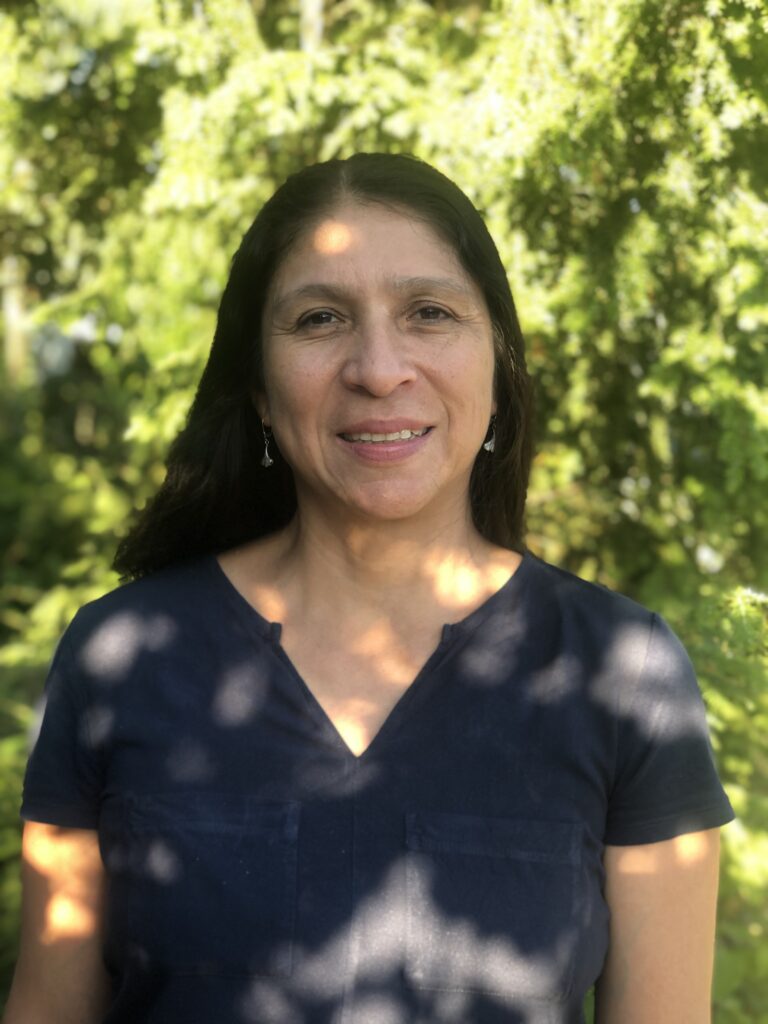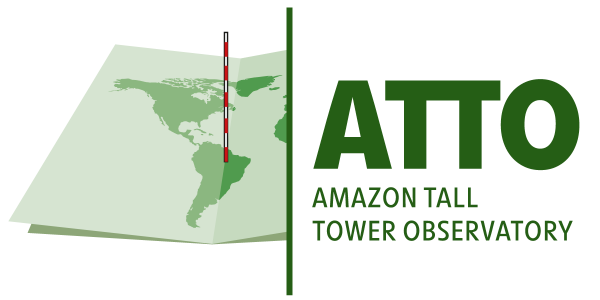Hi, my name is Viviana Horna. This April, I started working at the Max Planck Institute for Biogeochemistry as the new scientific coordinator of the ATTO project.

I studied tropical forestry for my BSc in Peru, where I am from. I then moved on to study wetland ecology, first for my MSc in the southern United States and for my PhD at the University of Bayreuth in Germany. This is also where I became part of an international multidisciplinary project in Manaus, Brazil.
In Brazil, I worked with German and Brazilian researchers from the former Max Planck Institute for Limnology in Plön, Germany and the Institute for Research in the Amazon (INPA). We studied many aspects of the ecology of the Amazon floodplain forests, or Varzea as they are locally called. My task was to measure carbon dioxide emissions from stems and branches of flooded tree species.
It was fascinating to see how the Amazon river water table rises and falls by more than 10 meters annually and how the trees near the river survive for several months during the flooding. During the year and a half which I spent in Manaus, I developed a deep respect for the Amazon forest and its people and a special interest in working with international research groups.
Since then, I have worked on several projects in temperate and tropical ecosystems in America, Africa and Asia. My research has combined measurements of CO2 assimilation and respiration, tree radial growth, and water status with microclimate data.
At the ATTO scientific coordination, I am happy to be going back to Brazil and the Amazon forest. I am very much looking forward to helping promote the amazing research at ATTO and to strengthen international collaboration because we all need to work together to preserve the Amazon rainforest.

